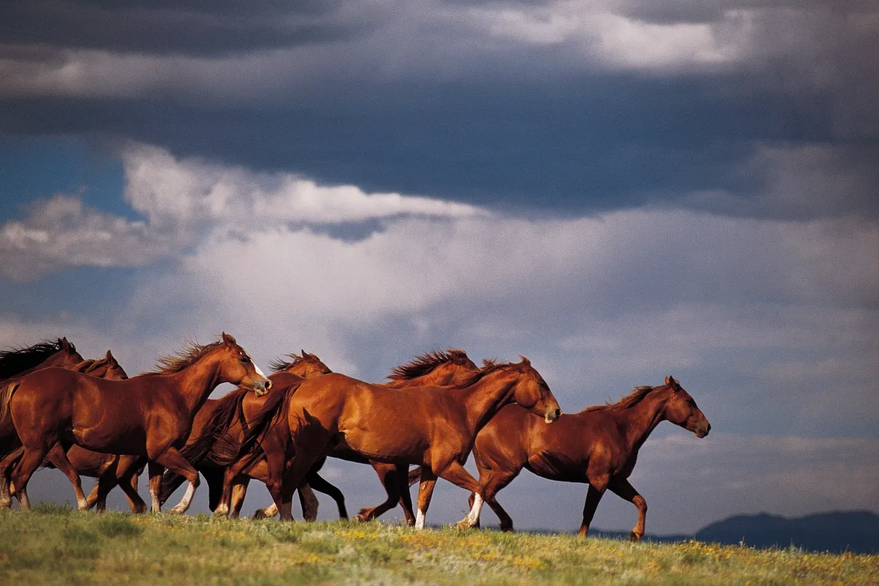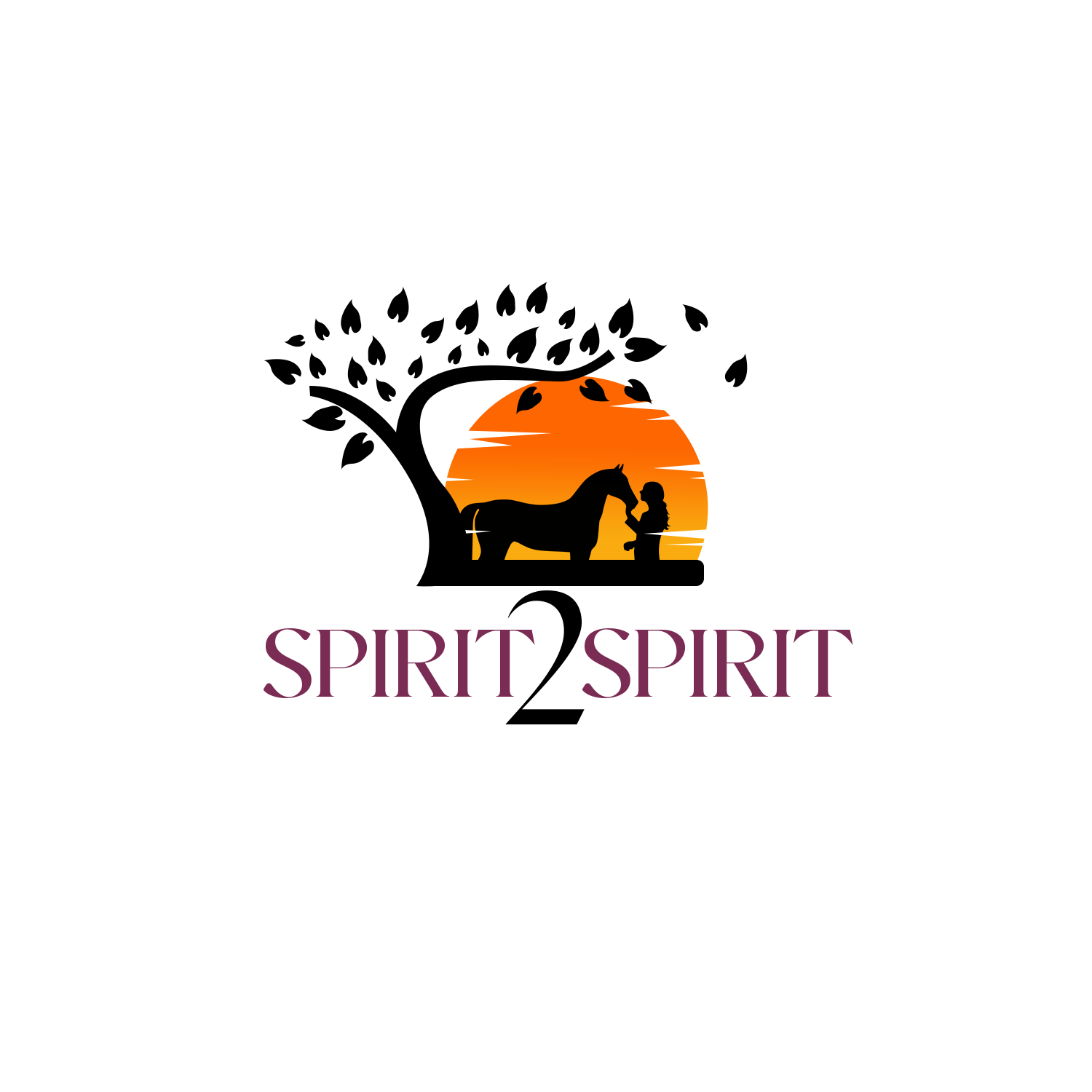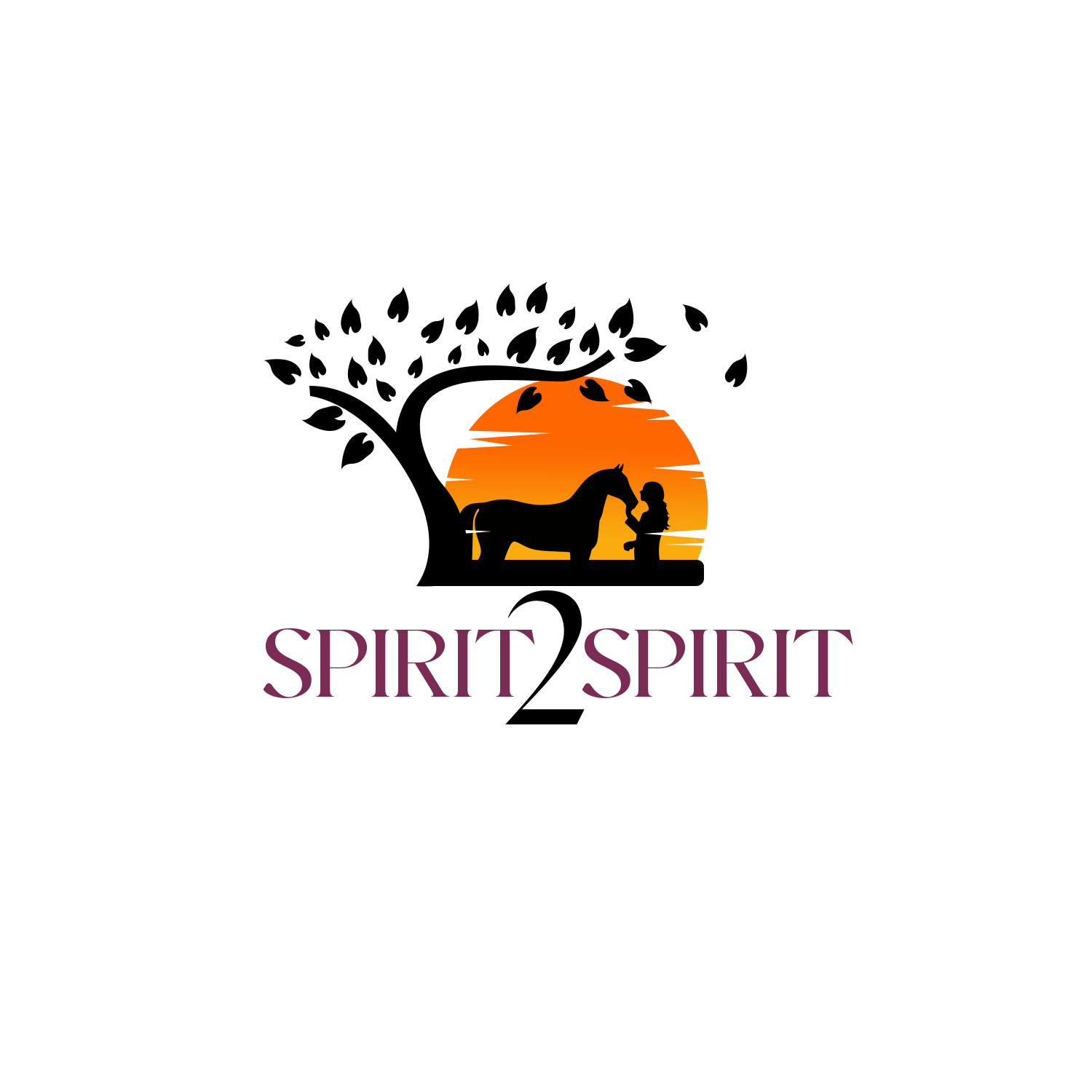What Do Horses Have To Teach Us?

What do the horses have to teach us?
If you’re a “horse person” you may immediately answer “quite a bit!” however, if horses haven’t been a big part of your life either in form or symbolism, you may not know how to answer this question.
What are horses to us as humans, with regard to our relationship through the horse/human bond? How does it differ from our connection to other animals such as dogs, cats, birds, and so on? I have encountered many people in my life that just don’t get it. I see their looks. The confusion, wonder, astonishment and downright boredom once I get going (and warning: I’m about to! So, take a seat. Hope you had your potty break and brought water with you). The looks clearly communicate the great divide between the experience and perspective I have of horses and what those on the outside perceive of me and my wild barn hair.
If you’re one of “them” I’m guessing it goes something like this: “What’s her deal anyway?! What’s with this horse crazy lady always wearing boots covered in dust, walking around with sore muscles and bruised limbs smelling like horse sweat? It’s SO much work, and dirty, and smelly, and hot. Like…sweaty ALL the time. It’s expensive, and you can’t ever go anywhere, and they seem to constantly be trying to hurt themselves…I can’t imagine the vet bills for an animal that big, and good god they’re BIG! I mean like REALLY big, and yet she’s not scared of them! She goes through all of this for these big creatures and the weirdest part is she’s SMILING like she seems to enjoy it while she’s telling me these stories!”
gasp!
Sound familiar!? Thought so.
Let me sum it up in one sentence for you type A’s out there: For everything I give them and do for them they return to me ten-fold by reminding me of who I am at my core, and in this pure state lives the seeds of how I move through the world in my relationships, career, and life choices.
Seem a bit far-fetched? Not convinced and need more? OK, read on.
In the interest of being brief – ok, brief relative to how long I can talk about this topic, let’s stick to a main theme of what horses can teach us at a high-level about the experience of being human. I’ll break down each specific component in future blogs as there’s only so much time in the day and some of us need to get to those sweaty barn chores at some point 😉.
Let’s go back to a few key words I just said: Horses teach US about being HUMAN. What!?
Even if you have never had experiences with horses you have to admit there’s something about them that draws you in. A fascination, curiosity, fear…whatever it is, they are captivating on some level. Why is this do you think?
Here’s my take on it (just one of many theories mind you – I have a long list of authors who you could look up to read further on the topic – just drop me a line!):
Humans are classified as “predators”. We have eyes in the front of our head and not the side, our front teeth are made for tearing meat, we are hunters, etc. We seem to identify with this side of our biology more than other components as it places us at the “top of the food chain”, highly intelligent, able to build airplanes and spaceships – obviously we are the most advanced species correct?
What we forget to consider is the other part of us that is a plant eater, that doesn’t have fangs like a tiger, or claws like a lion, and we don’t have a thick coat like a bear to protect us against harsh conditions – thank goodness for our brains that help us be savvy inventors and creators to provide for shelter and out-smart the food chain.
Due to these “weaknesses” in our evolution, the advancement of our mental prowess has helped us rise to the level of comfort we currently experience with our roombas and iced coffees. However, put us in the wild with lions, tigers and bears (oh my!) and no ability to create weapons or shelter and we wouldn’t stand a chance. So -are we really at the top of the food chain?
Our mental capacities have made us great thinkers, inventors, creators, artists, and so on. It’s also created a complex ego that focuses on what others think of us. We take everything personal, we love drama and suffering, and we are obsessed with having and getting, rising and becoming. We use our amazing mental gifts to manipulate, control, hold power, shame, and oh boy can we hold a grudge!
Getting caught up in the human condition creates a space where our spirits – who we truly are at the core – get lost in the “rat race” of our ego-focused agenda. We must make something of ourselves, contribute to society in a monetary/material-based fashion, and raise the next generation of contributors to carry on our legacy. The pressure this puts on our true nature, beneath the conditioned ego, is far too great and more often than not we find ourselves seeking an escape from it all. We want off the hamster wheel.
This brings me to the horse part (finally!). Horses have the ability to show us what it is to experience the other side. The side without ego, without having/becoming/getting. Without grudges, drama and climbing the ever-present ladder. The most fascinating part? They do it all with STRENGTH and POWER. This goes against everything we are taught. As a human chasing the “American dream” of success in all things, we are taught therefore the antithesis of this is lazy, weak, a “taker” instead of a contributor and therefore expendable, and/or to be used for our gain. They’re prey. We are predators.
Yet – as we follow this age-old narrative, we all seem to feel this stirring deep within that something might be missing, perhaps we’re out of balance…seeking…something. We can’t quite put our finger on, yet it’s there...lurking at the corners of our mind. Is this really it? Is this the only way?
Horses are prey animals, not predators, yet there’s something about their strength, courage, power and presence that can intimate us, the “top of the food chain” predator.
If you’ve seen any national geographic special showing wild bands of horses you’ve seen how they’re large, agile, keenly aware. They can kill with a single kick and outrun the most agile predator. They’re amazing to watch run in a herd as you listen to the thunder of their hooves and watch their manes and tails billow behind them in the wind.
However, if you have ever been up close, touched their soft noses, felt their warm breath, and had the honor of running your hand along their body as they sigh and turn their large liquid eye to you, peering into your soul; you know there’s something more there. That “something” is the spiritual connection.
The horse, with its powerful presence gives us a glimpse into another way of being. Of being present in the moment. Letting go of our ego, our “conditioning” and narrative, of any pre-conceived idea of who you SHOULD be, of who you were SUPPOSED to be and allows you to just….BE. In the moment, fully present, just be you. They ask for nothing more than your full presence (a hard ask for humans in this day and age!), your keen awareness, and your raw honesty with yourself (another tough one for us).
If we can do this; honor their ask of honest presence, they will give us the gift of teaching us how to lead without force, without predatory behaviors, without the need to overpower, conquer, and constantly push for bigger and better. They will teach us how to return to ourselves – our TRUE self, at our core. The seed of our spirit. The life force that feeds that small inner voice which guides you to find your true purpose and to treat others with the same value and respect that you also deserve. No ego. No grudge. No drama.
What do we do with the void created when we drop all of the ego-driven narratives and activities we fill our days with?
We get curious.
As a prey animal horses know how to conserve their energy. They remain open, curious, observant but not in a state of anxiety – in calm awareness, ready to adjust and respond to the moment. Not the past, not the perceived future, but the current moment they are in. Spend enough time with them and they teach you how to be calm, aware, and curious. What is the benefit of being in a state of calm aware curiosity? In curiosity lives the seeds of possibility!
We often refuse curiosity due to the fear of failure – if we try something new, step outside our comfort zone, what if it’s the wrong decision!? What would “they” say if we FAILED?! (ah, ego…there you are…)
We need to get excited about failure! Failure is where we get creative, where we learn, where we look at things from a different perspective. A perspective we never paused to give the opportunity to come into our awareness before, until we had no other option than to start thinking of every possible way out of our current situation. Before you panic and think I’m telling all of you to go out there an fail – take a deep breath – I’m simply saying: get curious, and don’t wait for failure to find you to provide the opportunity to do so!
Beyond curiosity, one of the main lessons the horses have taught me is about leadership. Yes, leadership. Oh, the money I’ve spent on college degrees and continuing education – yet, the time and money put into my horses has taught me a different way, a better way (at least I think so!) of leading teams beyond the classic pyramid/hierarchy that we ego-based humans are so prone to. With that said, I should caveat that leadership as a whole is shifting, I’m not the first nor will I be the last to realize there’s a different way than the antiquated methods of the past. However, I may just be coming at it from a different perspective – that of a 1200lb herd animal.
Horses have complex herd dynamics and strict boundaries, rules, and team structures. They teach us to look to the leaders within our midst. Rely on the strengths of those around us – place them in the right role based on skills and mindset. Horses do not lead from “rank”, they lead from experience and skill set.
Leadership is multi-faceted. Leaders in a herd don’t go where their ego tells them they should based on rank or title; they go where they are needed. They go where their skill set is the strongest – all with the goal of protecting the herd, preserving the health, wellbeing and harmony within it.
Horses that step out of line, break the “rules” as it were lose their ranking. Therefore, they are taught how to function in harmony within the herd. The part we struggle with as humans is that it’s not black and white. It’s not an unruly horse getting a whooping by a stronger more dominant horse and they then are forever submissive and cowering to the alpha position. No – a herd leader will only utilize their power of influence when something brings the harmony of the herd out of balance, and then they immediately return to their calm balanced state. The horse that needed the reminder, if they return to their calm and balanced state based on the feedback from the herd leader is welcomed back into the fold in that state. There’s no shaming, there’s no anger. No prolonged “paying for their mistake” behavior like with humans. They treat each other as they are IN THAT EXACT MOMENT. Not who they were, not who they should be, but who they are.
If a herd leader steps outside the lines of collaborative leadership, then they lose the respect of the herd and they will no longer follow the unbalanced leader. Consider: in the human realm we have positions, titles, roles with words like: Supervisor, Manager, Coordinator, Specialist, Chief, and so on. That’s your rank. It’s a checklist of tasks. It does NOT automatically make you a leader. So, who gives you that title? How do you become a leader? That is decided by those who choose to follow you.
Without someone willing to follow you, you are not a leader.
You can’t force them to follow, they must see something in you worthy of the title. Ask anyone who has had a “bad boss”. They wouldn’t follow them into a grocery store let alone a fire. They are not a leader in the eyes of those who reported to them. However, those same people can tell you about a peer, a mentor, a trainer, a coach, etc. that they would consider someone they would follow. THAT person is a leader – because the other person saw them as such, not because they put the crown and sash on and declared it as so.
Horses exhibit exceptional collaborative leadership skills, relying on the strengths of her-members to lead the herd in their own way, when and where those skills are needed. One horse may step up for a specific task such as finding forage, and another may step forward to keep the herd together while another sets the pace, and so on. If the lead mare is setting the direction, but has to shift gears to focus on a predator then another member of the herd such as the lead stallion may step in to direct the herd or assist the lead mare based on their assessment and discernment of the threat they face. It’s never “Move over, I’m the VP of herd protection, I’ll face the Tiger, you go back to your little ‘finding forage’ job, I got this.”
So – What do horses have to teach us about being human?! Believe it or not; being fully present, connected to our true self, our essence, and learning how to be aware, calm, curious and lead from a place of collaborative authenticity without ego, is just the tip of the iceberg.
In good health,
Sonia




0 comments
Leave a comment
Please log in or register to post a comment